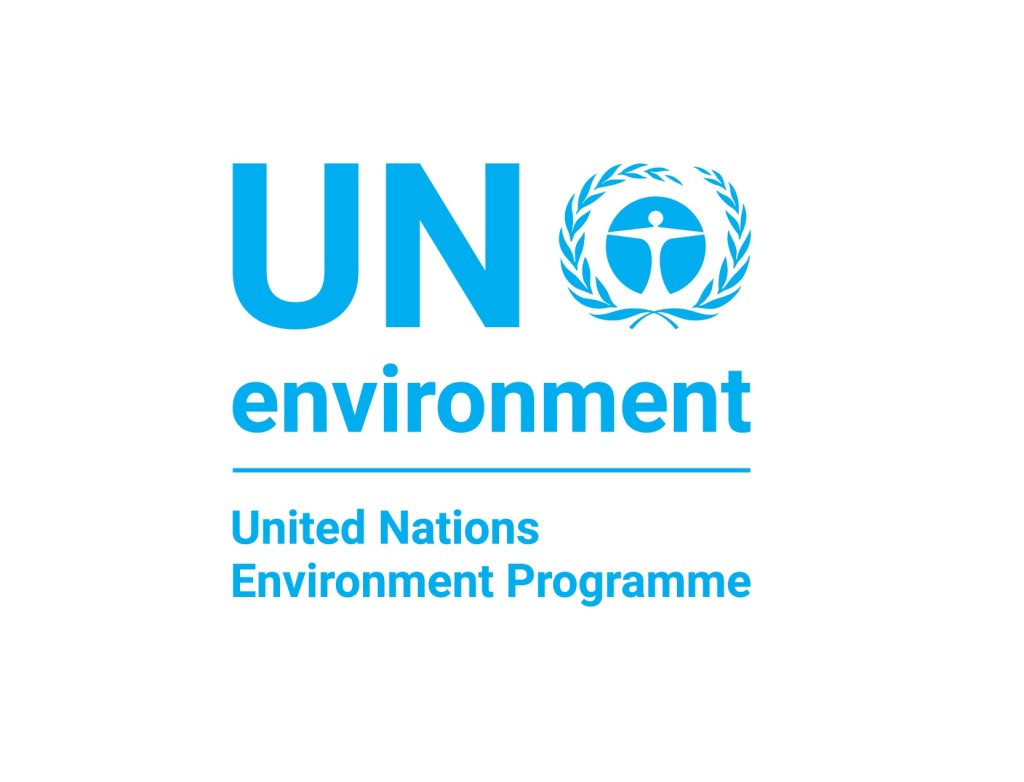
The ongoing loss of natural spaces, including forests, has become a systemic risk for the global economy, warns a new report from the United Nations Environment Programme (UNEP) and several partners. The State of Finance of Nature tracks global trends in public and private investment in nature-based solutions, aiming to improve data quality and identify opportunities for governments, businesses and financiers. This report presents the results of a global analysis which tracks investment flows into nature-based solutions and identifies future investments needed to meet the biodiversity, climate and land restoration targets as an input to future decision-making.
Nature loss is at the heart of many societal challenges, while nature-based solutions hold the potential to address interlinked crises: The pace of species extinction, global warming, the growing number of extreme weather events and zoonotic diseases like Covid-19, have further reinforced the need to invest in sustainable action that enhances the resilience of ecosystems and addresses societal challenges, such as food security, climate change, water security, human health and enhanced resilience to disaster risk.
Forests have been hit especially hard by human activity and it is estimated that the world loses 10 million hectares of tree cover every year. Over the past decade, 26 per cent of this tree cover loss can be attributed to the production of just seven agricultural commodities – cattle, oil palm, soy, cocoa, rubber, coffee and wood. Forests provide drinking water to one-third of the world’s largest cities and support more than 65 per cent of amphibian, bird, and mammal species.

The integrity of the Earth’s ecosystems has been significantly compromised as a result of human activity and the paradigm that has prioritized short-term economic growth. Currently, the majority of the essential benefits of nature have no financial market value, despite underpinning our current and future prosperity. It is vital to hardwire the value of nature into government policies and business and financial decision making. In order to ensure that humanity does not breach the safety limits of the planetary boundaries, we need a fundamental shift in mindset, transforming our relationship with nature.
The collective failure of humanity to understand that nature underpins our global economic system will increasingly lead to financial losses. Our livelihoods depend on nature, with agriculture, food & beverages and construction being the largest dependent sectors generating over USD 8 trillion. More than half of the world’s total GDP is moderately or highly dependent on nature.
Despite the growing interest from governments, businesses and financial institutions, there is poor knowledge and understanding about activities that can be considered nature-based solutions. This report addresses these critical knowledge gaps, analyses current global investment and estimates future investment needs to meet biodiversity, climate change and land restoration ambitions.
The report calls for investments in nature-based solutions to triple by 2030 and to increase four-fold by 2050 from the current level. If the world is to meet the climate change, biodiversity, and land degradation targets, it needs to close a USD 4.1 trillion financing gap in nature by 2050. The current investments in nature-based solutions amount to USD 133 billion – about 0.10 per cent of global GDP, most of which comes from public sources. While an increase in public funding would help plug some of the gap, there needs to be a significant increase in private sector investment in nature-based solutions.
The total volume of finance flowing into nature is considerably smaller than the flow of climate finance. Looking to the future, investment in nature-based solutions ought to at least triple in real terms by 2030 and increase four-fold by 2050 if the world is to meet its climate change, biodiversity and land degradation targets. This acceleration would equate to cumulative total investment of up to USD 8.1 trillion, and a future annual investment rate of USD 536 billion.
As countries and companies step up their commitments to fight the climate and nature crises, it is of paramount importance to use the post-COVID-19 recovery to scale-up finance and investment in nature-based solutions to restore degraded land and tackle the climate and biodiversity crises while creating jobs. The report’s launch comes on the eve of the United Nations Decade on Ecosystem Restoration, a global effort to revive natural spaces lost to development. The authors of the report have urged governments, financial institutions and businesses to place nature at the heart of future economic growth by tripling the financing available for environmentally friendly projects by 2030.
Source: United Nations Environment Programme (2021). State of Finance for Nature 2021. Nairobi.
